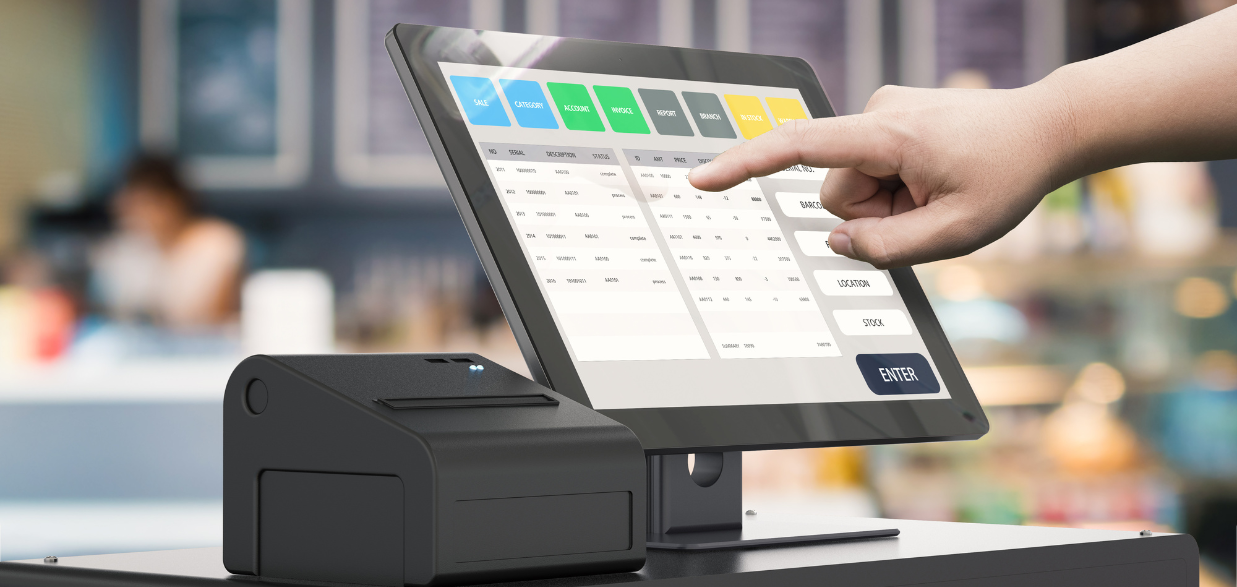Difference between Omnichannel and Multichannel in Ecommerce Retail
The eCommerce world is vast and has many aspects to it; to become a successful eCommerce business, you need to handle everything that comes into it. Streamlining everything including your sales and marketing process is critical for every eCommerce business to reduce complications and increase efficiency and accuracy with data. Omnichannel and multichannel are two concepts in the eCommerce world that are becoming increasingly popular due to their benefits. Businesses are adopting these concepts with an ecommerce marketing solution to enhance their efficiency and increase profits ultimately. However, there is a huge difference in both concepts that businesses need to understand before implementing.
What are Multichannel and Omnichannel in eCommerce?
Multi-channel: Multi-channel as the name suggests has multiple channels of sales within different departments or units of the business to provide a better user experience. Under this system, each sales channel uses different technology, ways, staff, and methods for customer service. Many businesses hire separate ecommerce marketing services for managing different marketing channels.
Omni channel: Omni Channels mean the integration of different sales channels or multi channels with synchronized data. When different channels share real-time data to enhance user experience, omni channels are used. In addition, Omnichannel retail also refers to the integration of online business with brick and mortar business or physical stores.
The key differences between Omnichannel and Multichannel
- Multichannel is a process of retailing in which users are provided with different sales channels where they can purchase products making sales easier for bands. For instance, sales on websites, sales on social media platforms, etc. While Omnichannel retail integrates these channels with synchronized data that provide a consistent brand experience for users. ECommerce marketing solutions are used for different channels and brand requirements.
- In Omnichannel retail, the information provided to users on different brand sales channels like websites, social media platforms, or physical stores is the same to give consistency. However, multichannel retail does not link information with all channels does not coordinate. So, you may or may not get a similar brand experience in the case of a multichannel approach.
- Omnichannel allows businesses to integrate physical or brick-and-mortar stores and online businesses. While multichannel operates separately on different sales channels or POS of a brand.
- In Omnichannel customer is the central part of the channel around which strategies are made. However, in the multichannel brand product is a central part that is stretched to different channels.
- Multichannel includes the use of all sales channels available for products to attract customers while Omnichannel integrates all channels to focus on customers to sell products.
- Omnichannel gives a single view of all sales channels as it’s integrated for a common experience. On the other hand, multichannel provides multiple views of multiple channels.
Conclusion
Omnichannel and multichannel both have their own pros and cons, businesses can use both channels as per their brand requirements. How you want your customers to perceive your brand through an ecommerce marketing solution will depend on your omnichannel and multichannel. You can consult SeedCart to help you with different marketing solutions based on the type of approach you use.


